
A monk takes a jab of COVID-19 vaccine in Lhasa, Tibet autonomous region, on May 13, 2021. (Photo/Xinhua)
The leading group office for COVID-19 in the Tibet autonomous region released its plan for downgrading COVID-19 management from Class A to Class B to the public on Monday.
The plan outlines 11 measures, including the vaccination of elderly people, investing in healthcare, enforcing new prevention and control measures and managing infections coming from overseas.
People at high risk of infection, those older than 60, those with manageable diseases or with low immunity or low antibody levels, will be instructed and encouraged to actively obtain a second booster shot of the COVID-19 vaccine.
The plan instructs medical institutions to prepare enough Western, Chinese and Tibetan medicines to treat and prevent infections, as well as enough antigen test kits.
"According to the plan, on the basis of 15 to 20 percent of the patient population served by the center, we have already stocked various types of medication — including Lianhua Qingwen capsules, cough and anti-pyretic medicines, and traditional Tibetan medicines," said Champa, head of the Tsalgongthang Township Health Center in Lhasa.
Champa said his center has a fever clinic and the stocked medications can meet the needs of at least 1,000 patients. He said the center has served an average of 30 patients a day in the last two months.
"For elderly and immobile patients above the age of 60, we provide door-to-door medical consultations and offer follow-ups over the telephone," he said.
The plan says that medical centers are required to prepare enough beds and equipment for treating severe patients, including oxygen supply.
Tsering Tso, deputy head of the People's Hospital of Yadong in the region's Shigatse city, said her hospital is actively implementing the plan.
The hospital has set up a fever clinic financed by the Yadong county government, and aims to provide more convenient and better services for patients.
"The new fever clinic is located near the entrance of the hospital, so it is closer and more convenient for patients," Tsering Tso said, adding the former fever clinic was not easy to find and reach.
"In terms of providing intensive care for severe patients and targeted groups, our county has 66 severe monitored patients, and every patient is assigned with medics to follow up," she said.
"We have purchased more than 200 sets of medical equipment for our intensive care units, added more beds, and our county has seven ambulances ready to become operational 24 hours a day to transfer severe patients to higher-level hospitals."









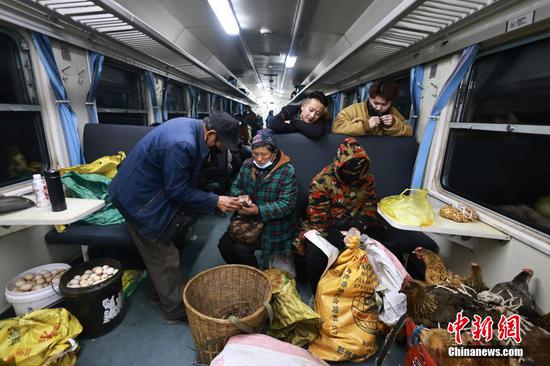




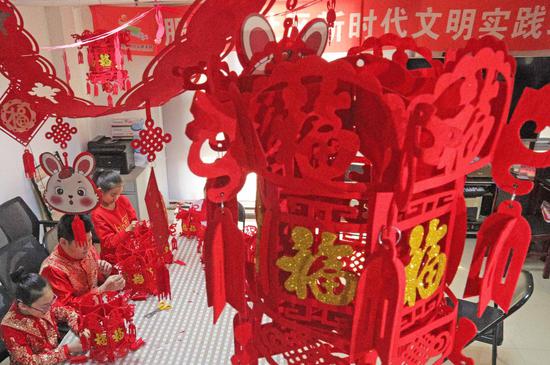

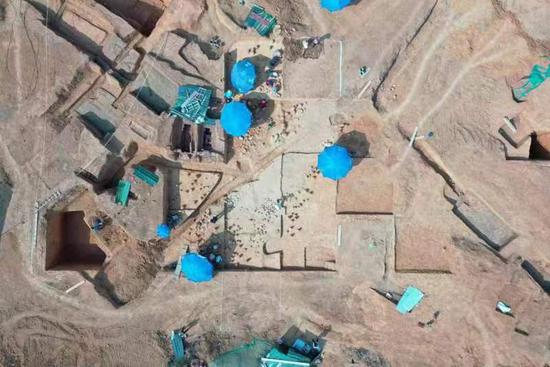

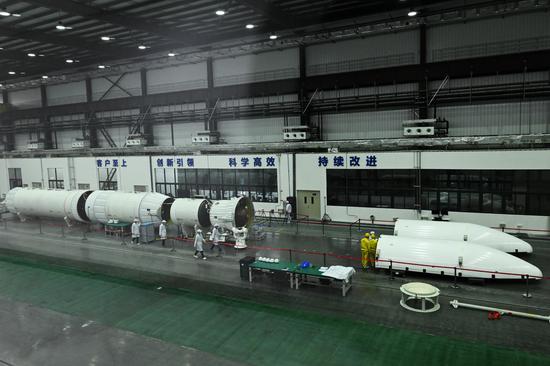



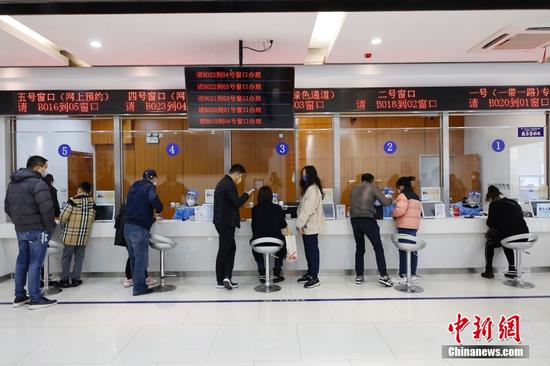




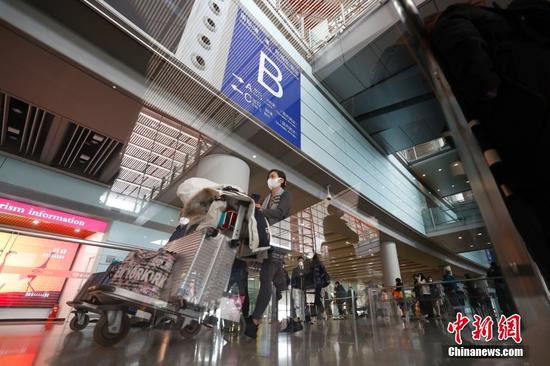






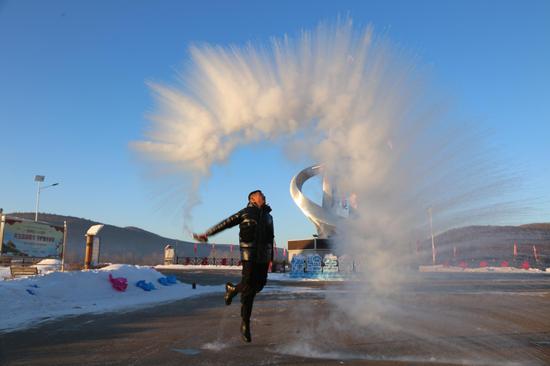
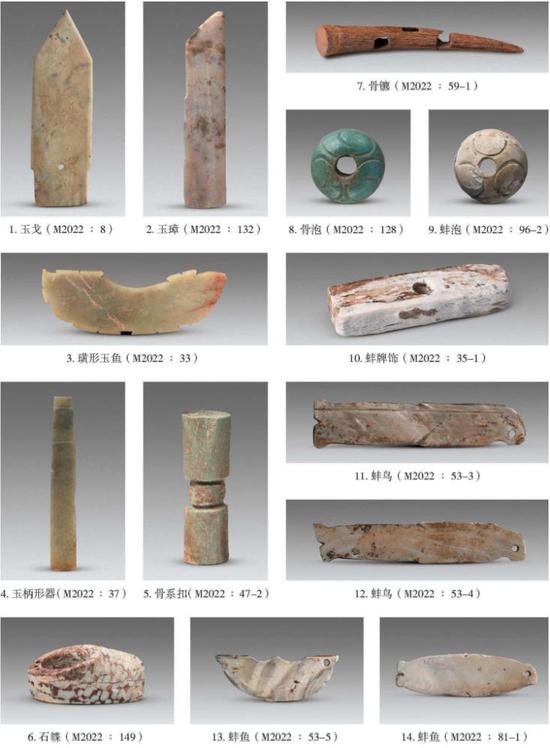


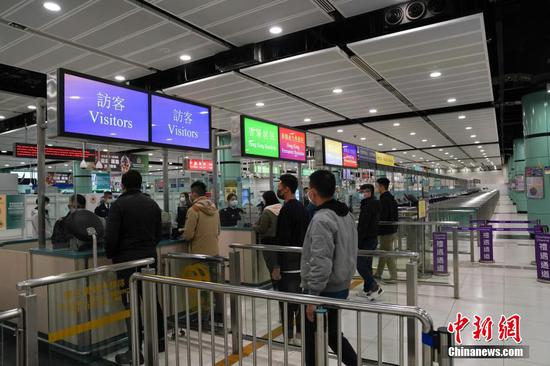
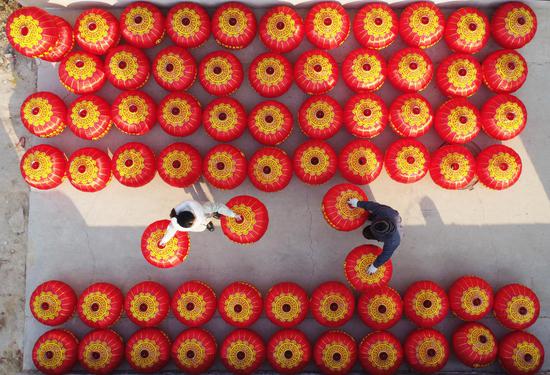
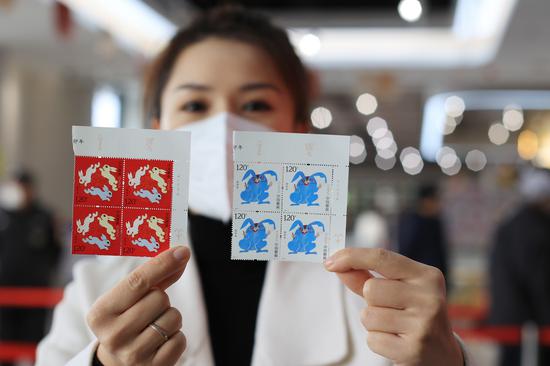
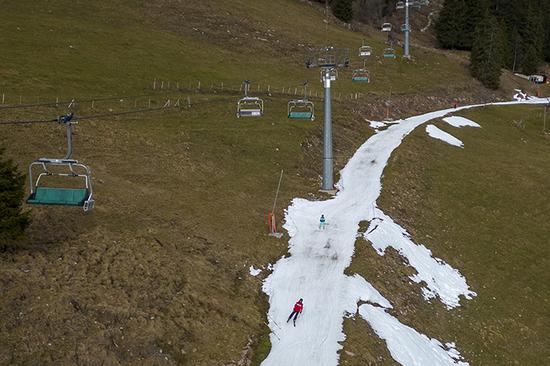


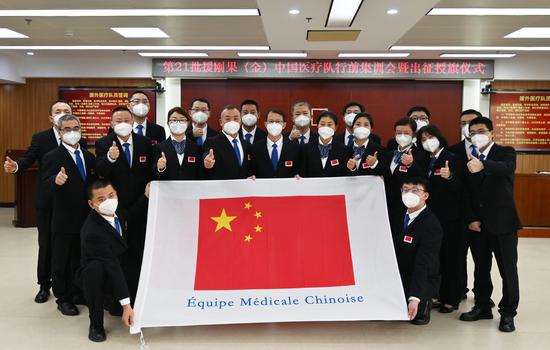





 京公网安备 11010202009201号
京公网安备 11010202009201号